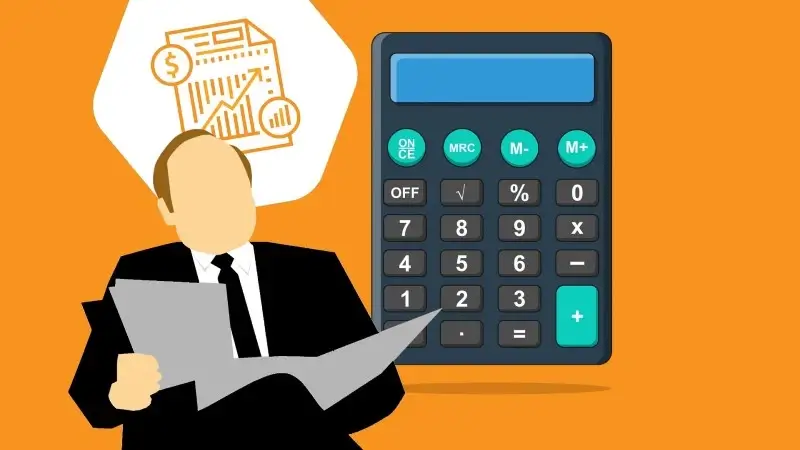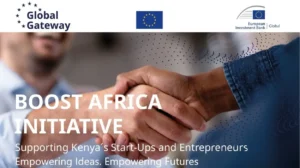Financial education is undeniably crucial, but its effectiveness hinges on our ability to translate knowledge into action. Without implementation, education alone will beat illiteracy, but cannot adequately address the challenges posed by poverty.
This equips us with the skills to understand budgeting, saving, investing, and managing debt. Armed with this knowledge, we are empowered to take control of our financial future and make decisions that align with our goals and values.
Also read: How can self-education empower us to achieve financial freedom and retire early?
Yet, the true test of financial education does not lie in the acquisition of knowledge, but in the application of that knowledge to real-world scenarios.
It is in the everyday choices we make, from creating a budget to setting financial goals, that the transformative power of financial education becomes evident.

However, despite the benefits of financial empowerment, implementation can be challenging, particularly for those facing economic hardships. Limited access to financial services, cultural stigmas surrounding money, and deep-rooted spending habits can all pose obstacles to putting financial empowerment and education into practice.
Even though financial education is undoubtedly a crucial tool in the fight against poverty, its true impact is in the actions we take as a result of that education.
By ensuring a culture of financial empowerment and providing support and resources for implementation, we can ensure that individuals not only receive the knowledge they need, but also have the tools and support necessary to turn that knowledge into meaningful action.
It is through the application of financial education in our daily lives that we can defeat both illiteracy and poverty.





